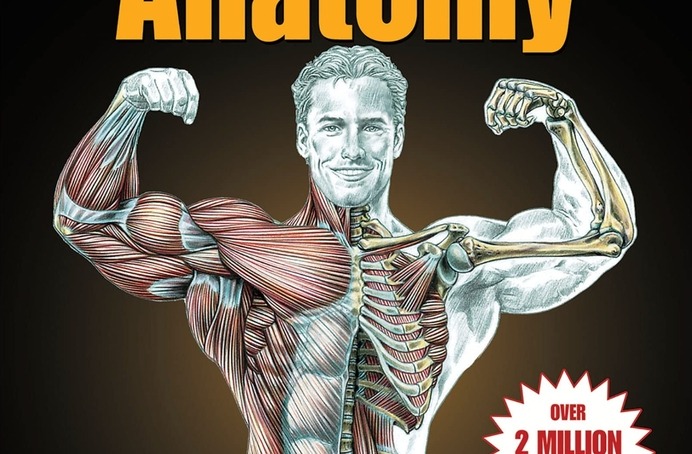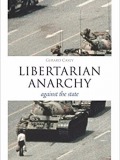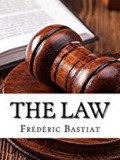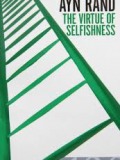Book

Strength Training Anatomy
Over two million people have turned to Strength Training Anatomy for an inside look at how the body performs during exercise. Now with new exercises, stretches, and exercise variations, and with more of Frédéric Delavier’s signature art, the fourth edition of this classic work sets the standard by which all other strength training resources will be judged.
No other resource combines the visual detail of top anatomy texts with expert strength training advice. Over 700 anatomical illustrations, including 90 new to this edition, depict 231 exercises and variations to reveal the primary muscles involved as well as all the relevant surrounding structures, including bones, ligaments, tendons, and connective tissue.
No other resource combines the visual detail of top anatomy texts with expert strength training advice. Over 700 anatomical illustrations, including 90 new to this edition, depict 231 exercises and variations to reveal the primary muscles involved as well as all the relevant surrounding structures, including bones, ligaments, tendons, and connective tissue.
aboutLiberty Portal
Liberty Portal is your gateway for free markets and free thinking. We aggregate open-sourced content to promote and popularize important people and lessons within the liberty movement.
suggested
Gerard Casey
Libertarian Anarchy: Against The State

Political philosophy is dominated by a myth, the myth of the necessity of the state. The state is considered necessary for the provision of many things, but primarily for peace and security. In this provocative book, Gerard Casey argues that social order can be spontaneously generated, that such spontaneous order is the norm in human society and that deviations from the ordered norms can be dealt with without recourse to the coercive power of the state.
Read more
Frederic Bastiat
The Law

Read this for FREE at mises.org
Ayn Rand
The Virtue Of Selfishness

Ayn Rand here sets forth the moral principles of Objectivism, the philosophy that holds human life—the life proper to a rational being—as the standard of moral values and regards altruism as incompatible with man's nature, with the creative requirements of his survival, and with a free society.
Read more


